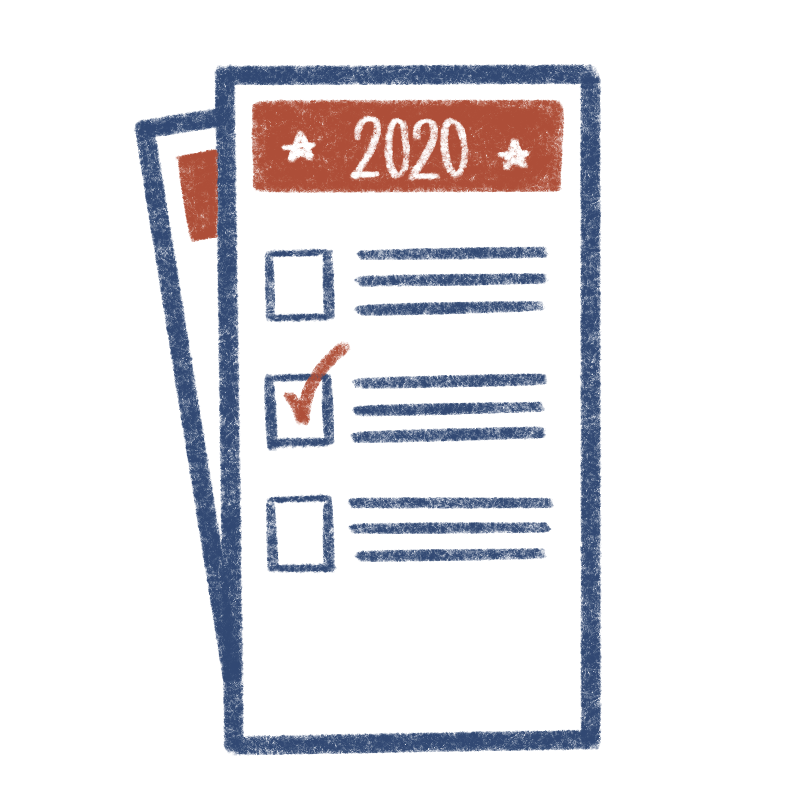Today was the 2020 General Election. One of the most important parts of this election was the results for the different propositions. Major propositions on the Pima County ballot, both state and local, passed.
Proposition 207
Proposition 207 passed with 59% approval, which means, marijuana will be legalized and regulated for the entire state of Arizona.
Adults 21 or older would be permitted to possess, use or transfer no more than one ounce of marijuana and grow up to six marijuana plants at their primary residence. Smoking marijuana in “public and open places” will still be banned.
RELATED: Election 2020: Your guide to 2020 Ballot Propositions
Another part of Proposition 207 is that it would establish a 16% excise tax on marijuana sales. The tax would go towards public programs, such as community colleges, infrastructure, public safety and public health programs.
Courts would be allowed to vacate and expunge certain marijuana arrests, charges, adjudications, convictions or sentences. Citizens convicted with marijuana charges can petition for their expungement beginning July 12, 2021.
States and local governments also have the power to regulate the sale and production of marijuana by a capped number of licenses.
Proposition 208
Proposition 208 passed with a slimmer victory of 52%. Proposition 208 will increase funding for public education for the entire state of Arizona by imposing a 3.5% tax surcharge on 1) taxable income over $250,000 for taxpayers who are single or married but filing separately and 2) taxable income over $500,000 for married persons filing jointly or heads of households.
RELATED: Election 2020: A breakdown of District 3 candidates
Since it passed, there will be additional revenue to 1) hiring and increasing salaries for teachers and other non-administrative support personnel, 2) career training and higher education pathway programs for high school students and 3) the Arizona Teachers Academy.
Proposition 481
Proposition 481 passed with a resounding 69.7% “yes” vote. Proposition 481 relates to Pima Community College. It will increase the base factor of PCC’s annual expenditure limit by $11,484,199, for a new limit of approximately $30.6 million.
The expenditure limit caps the amount of tax-based revenues a local government entity can use for operational purposes. This proposition will not increase taxes but will increase the amount of already collected government revenues that PCC could spend for operational purposes.
Proposition 486
Proposition 486 passed with a 70% “yes” vote. Proposition 486 for South Tucson is an alternative expenditure limit for the next four years. Since it passed, it will replace the expenditure limit set by the state. The city will determine the limit yearly after public hearings.
Follow Jillian Bartsch on Twitter









